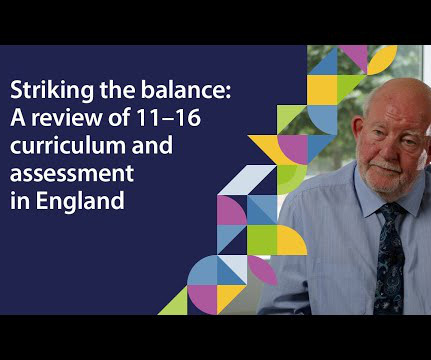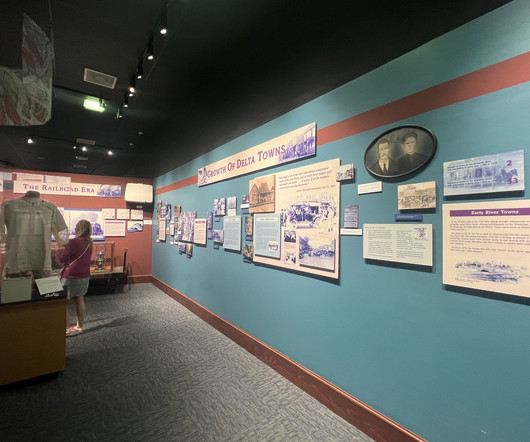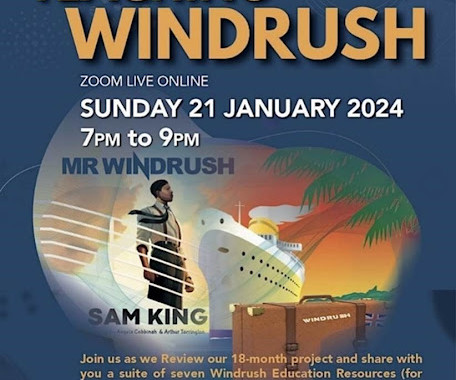Free ebook on the Climate Crisis
Living Geography
NOVEMBER 18, 2024
A cross posting from my GCSE Natural History blog - which is now closing in on 400 posts since it was first started - when it looked like we might actually get a new qualification option. Given that not every child (or school) can afford to buy books, this is a welcome development.


















Let's personalize your content